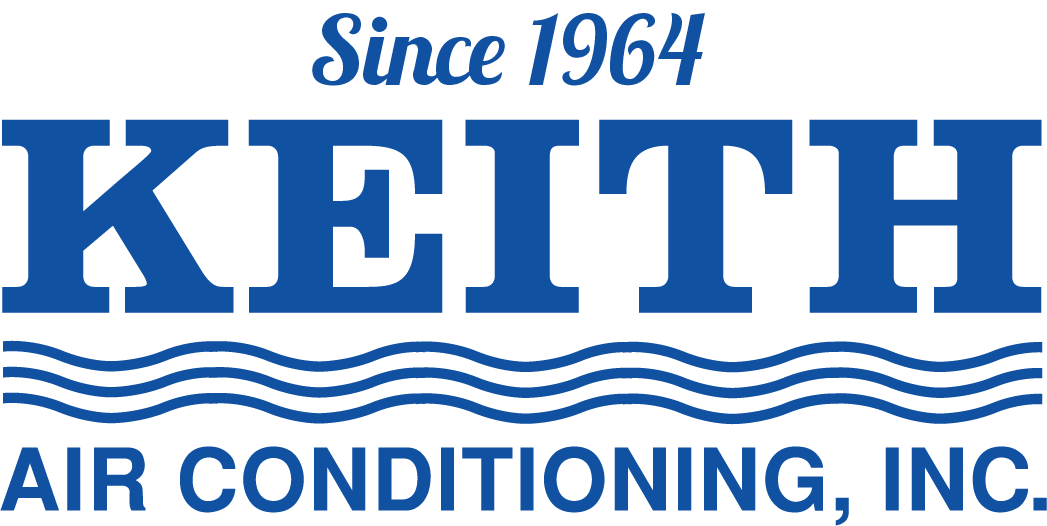Heat pumps can be among some of the most reliable appliances in your Mobile, Alabama, home. But even the best models need troubleshooting occasionally. Discover ways to troubleshoot common heat pump problems, so that you can quickly restore comfort.
Lack of Operating Power
A heat pump that doesn’t seem to turn on might cause alarm, but you can often resolve this problem with a simple fix. Check that the thermostat is actually on. Then check that it has been set to the correct heating or cooling setting or temperature.
If the heat pump doesn’t eventually power up, check the circuit breaker and reset if necessary. If there is still no power, contact your HVAC contractor for help.
Insufficient Heating or Cooling
When your heat pump’s performance suffers, your home will typically feel uncomfortably warm or cold. Troubleshoot this problem by adjusting the thermostat by five degrees and then monitoring the temperature in your home.
If that adjustment doesn’t have an effect, make sure the vents are open and unobstructed. Next, check the heat pump’s air filter and replace the filter if it is clogged with debris.
Frequent Operating Cycles
To run as efficiently as possible, your heat pump should cycle on and off with relative consistency. Does your heat pump turn on often and switch off after a short cycle? These short running cycles could be signs that the thermostat isn’t calibrated properly or that the heat pump isn’t sized properly for your home.
First, be sure you’ve programmed the thermostat to a sustainable 68 degrees in winter or 75 degrees in summer. If adjusting the thermostat doesn’t get your heat pump working correctly again, call one of our specialists to assess the size of your heat pump and your home’s heating and cooling needs.
Your HVAC system is a complex machine. Many problems could have the same results. It is a good idea to enlist the services of a professional who has the knowledge, tools, and experience.
Do your heating system issues go beyond some of these common troubleshooting problems? Call Keith Air Conditioning, Inc. at 251-476-3610 to speak with one of our heat pump experts today.



